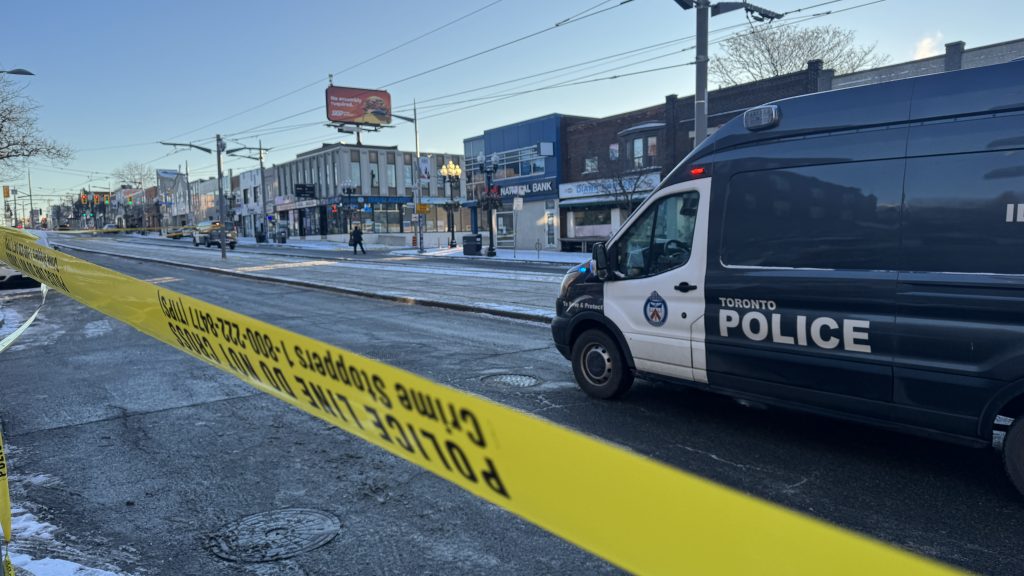The $600M election only Justin Trudeau wanted: will it backfire?

Posted September 20, 2021 6:38 am.
Last Updated September 20, 2021 8:08 am.
It is an unprecedented election in the midst of a pandemic. As the fourth wave carries on, one only has to look to the crisis in Alberta to see COVID-19 is still a threat and far from over. But when the election was called the federal Liberals stumbled out of the gate, unable to explain why they triggered it. It is a question they have not been able to properly answer to justify the expense to COVID-weary voters.
“I was one of the people off the top that said this was the ‘Seinfeld election,’ an election about nothing. In some ways it has been, but it is certainly an important election,” observes Will Stewart, a public affairs strategist and senior vice president at Hill and Knowlton.
Among the many issues, the election will determine if Canada will, or will not, move forward on a national childcare plan and how it will tackle climate change.
At dissolution, the Liberals had 155 seats and the Conservatives had 119. Polls suggest the two parties are neck-and-neck, each needing 170 seats to win a majority, but it does not appear either will reach that coveted target. Veteran pollster John Wright with Maru Public Opinion doesn’t think it is possible, saying, “there is no one in the current landscape that is going to win a majority.”
CityNews will be covering election night across the country with a panel representing many perspectives and voices. Ontario NDP MPP Sol Mamakwa, a strong voice for Indigenous communities, will be in our station throughout the evening along with Ontario Green Party leader Mike Schreiner who believes Trudeau may ultimately regret his decision to try and get a majority.
“I think it has the possibility of backfiring on Mr. Trudeau,” he says. “He never has defined why he called the election and what he needs a mandate for.”
RELATED: How and where to watch CityNews’ coverage on election day
On election night the CityNews panel will also include B.C.’s former provincial Liberal attorney general Suzanne Anton, Andray Domise from Maclean’s, Will Stewart from Hill and Knowlton, veteran Liberal insider Bob Richardson, and Estefan Cortes-Vargas, a former NDP MLA in Alberta and current transgender activist who says voters resent having to go to the polls.
“People are very resistant to this election taking place in the first place,” says Cortes-Vargas. “The anti-vaxxers are making a lot of waves and headlines but when it comes to talking about childcare, foreign affairs, the economy not a lot of things are making it into that conversation.”
In fact, anger has been a dominant theme in this election to the benefit of Maxime Bernier. He has been courting anti-vaxxers with his libertarian anti-establishment messaging. Many believe his People’s Party of Canada will pull votes away from Erin O’Toole and the Conservatives. Various polls suggest Bernier’s party has four to eight per cent support, a marked increase from the last federal election in 2019 when he won 1.6 per cent of the vote. Bernier may not win any seats, but he could cost the Conservatives seats in tight ridings and hand Trudeau a victory. A look at this cover of the conservative leaning Toronto Sun‘s newspaper on Friday, Sept. 17, shows the very real concern among some Conservatives.

Ultimately, victory will come down to which party can get out the vote on election day. That’s a given in any election, but the pandemic adds a new twist. Will voters want to stand in line in a pandemic? Stewart says COVID-19 could also impact the outcome.
“Those lines are going to be long,” he says. “We know we have fewer polling stations than we typically have, and Elections Canada has less staff all because of the pandemic so those are interesting questions and voter turnout could play a massive factor in this election.”








